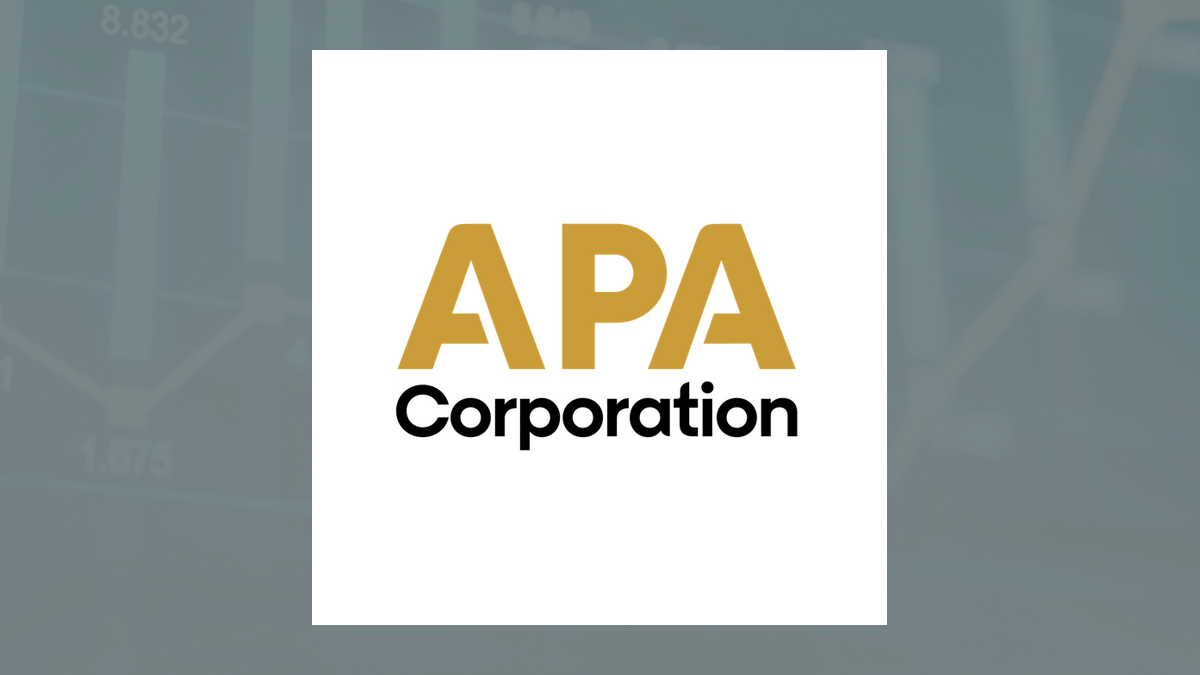
The rapid blockchain and crypto innovations are highlighting the need for strict crypto regulations across borders. Different cryptocurrency frameworks are being practiced in various countries to deal with the challenges and opportunities thrown by digital assets. Let’s explore existing crypto regulations and crypto laws in 2025 across major countries with an insight into what to expect ahead.
Global Crypto Regulations The US has taken a cautious approach to regulating cryptocurrencies . In 2022, a new framework empowered agencies like the Securities and Exchange Commission (SEC) and the Commodity Futures Trading Commission (CFTC) to regulate crypto operations in the US. This led to legal cases against key crypto companies such as Binance and Coinbase for alleged securities violations.

While this uncertainty has proven slightly frustrating, it represents the country’s intent to enforce stricter compliance standards. Legislative efforts, such as the Financial Innovation and Technology (FIT) for the 21st Century Act, look to clarify crypto classification. However, they have yet to gain traction.
As the government further works to define a clearer path, one can expect stricter rules and transparency. Japan has been a leader in crypto regulations, with frameworks in place since 2017. The Payment Services Act legally recognizes the status of cryptocurrencies as property.
The crypto exchanges also need to be registered with the Financial Services Agency under the act. It has also enforced stringent AML measures while taxing gains from crypto trading as miscellaneous income. Japan's regime balances protection for consumers with promoting innovation.
With a rise in cryptocurrencies, the crypto regulations may also increase. Thus possibly targeting the tightening of AML policies and enhancing investor protection. 3.
South Korea South Korea improved its crypto regulations with the enactment of the Virtual Asset User Protection Act of 2023. It makes compulsory the registration of all crypto service providers to FSC, but it comes with stiff penalties for market manipulation and insider trading. The country also prohibited privacy coins from being listed on exchanges.
South Korea's approach towards safeguarding investors yet still supporting innovation may set a template for other countries. South Korea may see more regulatory developments, particularly around privacy and user protection, in the future. Singapore has transformed into a crypto-friendly jurisdiction with no capital gains tax on long-term investments in cryptocurrencies.
Income generated from regular crypto transactions is, however, taxed for businesses. The Monetary Authority of Singapore governs the regulatory framework and remains highly focused on AML policies and consumer protection. Singapore's model is innovative and transparent.
This approach will be a reference point for other countries in terms of taxation and compliance. The European Union has regulated cryptocurrencies with the Markets in Crypto-Assets Regulation (MiCA). The framework seeks to make regulations among member states uniform, ensuring the market's integrity, consumer protection, and AML compliance.
By 2026, it will be ultimately in effect and will have a significant influence on the crypto industry in Europe. Simultaneously, countries like the UK are finding their crypto paths. The EU framework will probably have a precedent that will shape further international cooperation on a broader level.
The country’s approach is evolving, with proposals requiring digital asset platforms to obtain an Australian Financial Services License (AFSL). This would regulate activities like token trading and staking, enhancing consumer protection and market integrity. The proposed measure will strengthen consumer protection and market integrity.
It marks a recognition of the increasing relevance of the crypto market to the government. In 2025, Australia may tighten its regulations concerning consumer protection, transparency, and enhanced tax reporting. In late 2023, the UK issued its ‘Future Financial Services Regulatory Regime for Crypto assets,’ concentrating on fiat-backed stablecoins.
It also aimed at extending to other domains of lending as well as trading. With this incremental development, the UK will ensure that financial stability will not be compromised when embracing innovation in the electronic world. Additional crypto laws in 2025 will likely address the unique characteristics of cryptocurrencies to protect consumers.
The Future of Crypto Regulations The cryptocurrency market is maturing and has several emerging trends worldwide. Many countries will enforce more stringent KYC protocols and transaction monitoring on the part of the exchanges and wallet providers to curb illicit activities. Non-compliance will attract penalties, thus creating a safer space for investors.
More comprehensive and effective risk disclosures, safe user funds, and more powerful dispute resolution mechanisms are expected. This will provide investor confidence and make the market more transparent. AI and machine learning will pinpoint suspicious activities and market manipulation by regulators.
Predictive algorithms will help in real-time monitoring, allowing for swift action when necessary. Most countries agree on the need for global standards for cryptocurrencies. Thus putting an end to regulatory arbitrage.
This will also ensure that the firms operating in crypto do not take advantage of the softer jurisdictions. The cooperation across countries leads to a stable, trusted market for digital assets. Emerging Regulatory Considerations CBDCs take positions within the global financial space: above 20 countries, like China and India, will have fully operation-ready CBDCs by 2025.
Issued governmental digital currencies shall stand alongside the peer-decentralized digital currency. Here, it shall be addressed with all regulatory concerns regarding the interfacing process in such areas. AI and blockchain are converging to create more intelligent, secure crypto ecosystems.
AI is improving security, smart contracts, and fraud detection. By 2025, AI-driven platforms will substantially accelerate transactions and their reliability levels. Thus, further prompting regulators to change their frameworks.
The environmental impact of mining, focusing on proof-of-work (PoW) processes, is becoming a call for more sustainability. Ethereum transitioned to a proof-of-stake (PoS) model that is part of the industry move. By 2025, environmental sustainability will reshape cryptocurrency regulations related to energy consumption and carbon emissions.
The brokers will report in Form 1099-DA the gross proceeds from sales in 2025, starting in 2026. Investors must also be able to track and report the cost basis of every asset. This increased scrutiny by tax authorities, including the IRS, will see a more comprehensive and effective record-keeping practice for cryptocurrency holders.
AI and machine learning will revolutionize regulatory enforcement by identifying suspicious transactions and patterns in real time, reducing fraud and market manipulation risks. These technologies will streamline KYC and AML compliance, improving the overall security of the crypto space. Conclusion In 2025, global crypto regulations may become more precise and clear.
Thus, only incorporating those that will protect consumers, maintain the integrity of the market, and promote innovation. AI innovations, blockchain, and CBDCs will shape the future of cryptocurrency frameworks. Despite the challenges, global cooperation and technological advancement will pave the way for a more secure and stable market.
.















